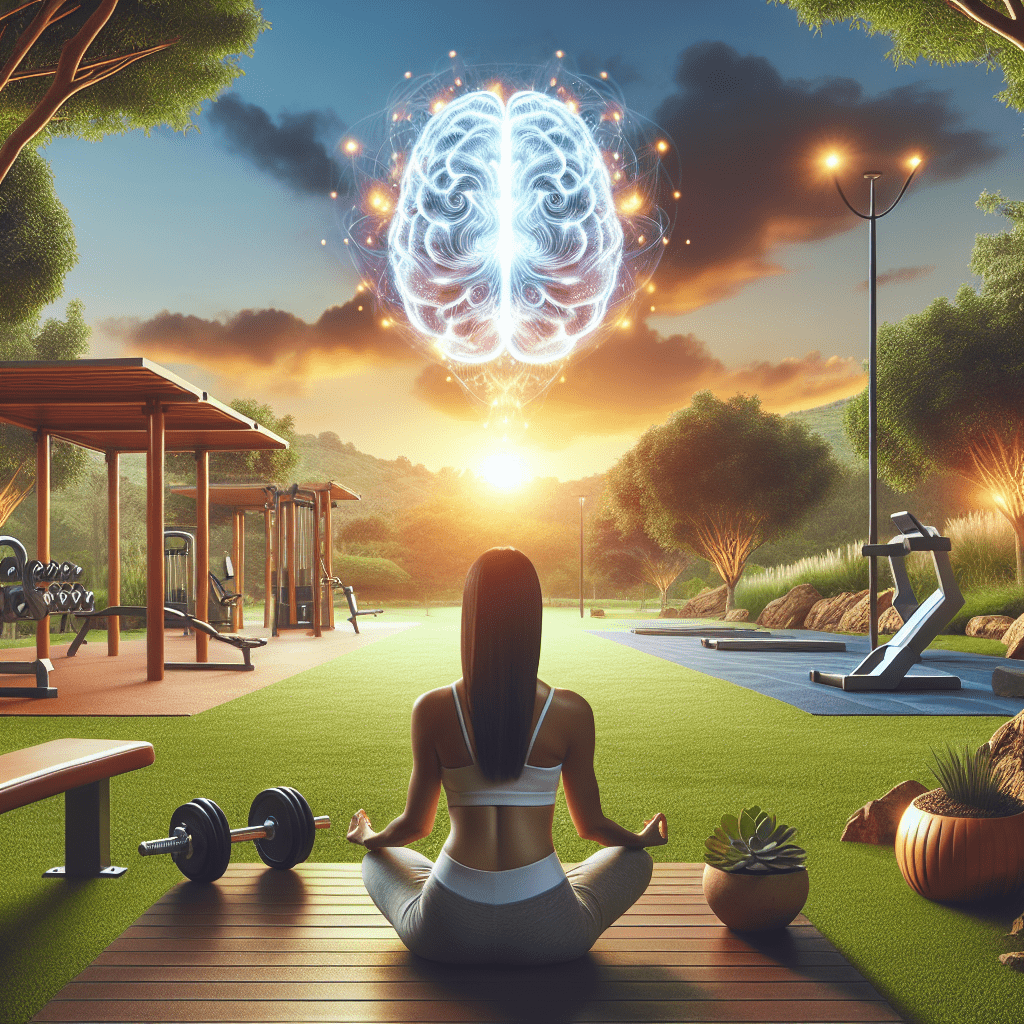Finding Balance: The Importance of Mental Health in Fitness Goals
When it comes to achieving fitness goals, it’s important to remember that mental health plays a crucial role in overall well-being. While physical fitness is often the primary focus, neglecting mental health can have a significant impact on your ability to achieve your goals and maintain a healthy lifestyle. In this article, we will explore the importance of finding balance between physical and mental health in pursuit of your fitness goals.
The Connection Between Mental Health and Fitness
Research has shown that mental health and physical fitness are closely linked. When you are experiencing stress, anxiety, or other mental health issues, it can be difficult to find the motivation to exercise and take care of your body. On the other hand, regular physical activity has been shown to improve mood, reduce symptoms of depression and anxiety, and increase overall well-being.
By prioritizing your mental health alongside your physical fitness goals, you can create a more holistic approach to well-being that will help you achieve long-lasting results. Finding balance between the two can lead to greater overall health and happiness.
Strategies for Finding Balance
Here are some strategies to help you find balance between physical and mental health in pursuit of your fitness goals:
- Practice mindfulness: Take time each day to be present in the moment and focus on your thoughts and feelings.
- Get enough rest: Make sure you are getting enough sleep each night to allow your body and mind to recharge.
- Seek support: Reach out to friends, family, or a mental health professional if you are struggling with your mental health.
- Set realistic goals: Don’t put too much pressure on yourself to achieve perfection in your fitness journey. Set achievable goals and celebrate your progress.
Benefits of Finding Balance
When you prioritize your mental health alongside your physical fitness goals, you can experience a range of benefits, including:
- Improved mood and overall well-being
- Increased motivation and energy levels
- Reduced risk of burnout and injury
- Greater long-term success in achieving your fitness goals
Conclusion
Finding balance between mental health and physical fitness is essential for achieving long-lasting results and maintaining overall well-being. By prioritizing your mental health alongside your fitness goals, you can create a more holistic approach to well-being that will help you achieve greater success in the long run. Remember to take care of your mind and body equally, and you will be on your way to a healthier, happier life.
FAQs
Q: Can mental health issues affect my ability to achieve my fitness goals?
A: Yes, mental health issues such as depression, anxiety, and stress can make it difficult to find the motivation to exercise and take care of your body. It’s important to prioritize your mental health alongside your physical fitness goals to achieve long-lasting results.
Q: How can I improve my mental health while working towards my fitness goals?
A: Practice mindfulness, get enough rest, seek support from friends or a mental health professional, and set realistic goals to help improve your mental health while pursuing your fitness goals.
TIP: Remember to listen to your body and mind
It’s important to listen to your body and mind throughout your fitness journey. If you are feeling overwhelmed or struggling with mental health issues, don’t be afraid to take a step back and prioritize self-care. Your mental health is just as important as your physical health, so take the time to find balance and create a sustainable approach to achieving your fitness goals.
#Finding #Balance #Importance #Mental #Health #Fitness #Goals

